‘I fall in love with a person and not a gender’
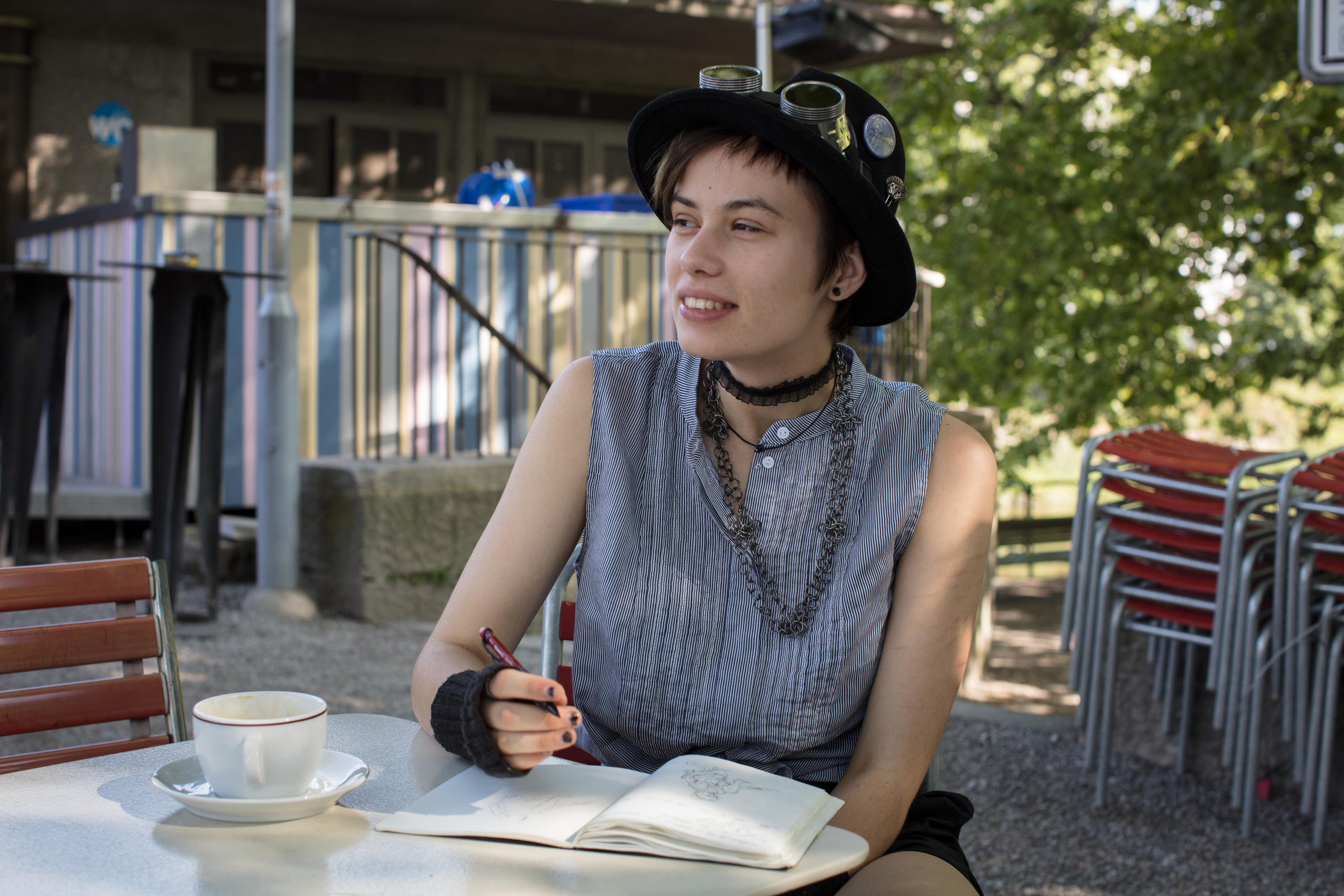
Loving a person rather than a man or a woman: this is Runa Wehrli's philosophy. At 18, she defines herself as bisexual and speaks about it openly. Her friends and family have accepted her orientation, but it is not always taken seriously by society.
An old pair of metallic aviator glasses sits atop her black hat, lending a style that gives a glimpse into her creative universe. At 18, Runa Wehrli is passionate about theatre, live-action role-playing, and drawing. On social media, she presents herself dressed as an elf, wearing differently-shaped hats, or with her hair dyed blue.
Although Runa likes to take on the guise of fantastic and imaginary characters, she has also learned to know herself. Proof of this is the confidence and maturity with which she describes her feelings. She believes that love should not be confined by the barriers put up by society. “I fall in love with a person and not a gender,” she says.
This principle has always been clear to her, and she has never been afraid to put it into practice. “The first three people I fell in love with were male. Then, one day, I fell head over heels for a girl.” She accepted her feelings and shared them spontaneously with her family. “We’ve always spoken openly about relationships. I don’t see why I should have hidden the fact that I was in love.”
Her parents never considered her having a relationship with a girl or a boy to be a problem. “I grew up in an open-minded family, so I never really had to come out. I just talked about my love life with my family and friends.” Until last January, she was going out with a girl. “My parents were happy for me. Though I think my girlfriend’s family never really understood. They thought we were just close friends.”
Won’t you decide one day?
Now single and just out of high school, she is leaving the door open to love, while still refusing to give it a gender. “At the beginning, my mother did ask, ‘Don’t you think you should choose?’. I told her no, and she understood.” Runa believes society sets too much store by categories: “Before being men or women, we’re human beings. Even if I were to meet the man or woman of my life tomorrow and stay in a monogamous relationship for the rest of my life, it wouldn’t mean that I had chosen.”
At school, at home and in her leisure time, Runa never tried to hide her sexual orientation. Despite growing up in a rural and conservative canton, Glarus, she never suffered from discrimination or homophobia. “I believe that when a person is sure of themselves and accepts themselves as they are, it’s also easier for others to understand. There are loads of things I’m not sure about in my life, but I have no doubt about my sexual orientation.”
Bisexuality: not always taken seriously
Runa is about to travel to Berlin for a three-month theatre course, which could become a springboard for getting into a school and becoming an actress.
“The artistic community is particularly open, especially regarding sexual orientation,” she says. Her world is thus characterised by tolerant and sympathetic people. She also considers herself “lucky” because she knows that reactions can be very harsh. “At school, I could see that some of my classmates thought bisexuality was weird, even though they were tolerant.”
She has also come up against some negative reactions and misunderstanding. She particularly remembers the derogatory comment made by a passer-by who saw her kissing her girlfriend as they came out of the cinema. They’re only words, but they can hurt. “If my friends or family had reacted that way, things would have been much harder for me.”
In a society that categorises and judges all the time, people who refuse to choose between men and women can disturb or confuse others. “The main problem is that sometimes I’m not taken seriously. Even within the LGBTIQ community, some people don’t understand and say that I am neither a true heterosexual nor a true homosexual.” Then there are men who think bisexuality means that they can have two girls in their bed. Other people, meanwhile, have reassured her that, one day, she will find “the man she needs”.
Her grandparents have also shown misgivings. “I’ve tried to explain to them how I feel, but I think I’ve failed. They think I’m too young and that I’ll get over it.” In her view, it’s a generational problem.
Sexuality as a private matter
Such reactions upset her, as she hopes soon to see the day when different sexual orientations are treated as something “normal”. In Switzerland, introducing marriage for all would be the first step –one that many European countries have already taken, she adds. “Sexuality should not even be the subject of political debate. It’s a private matter. Everyone should be able to choose freely whatever makes them happy.”
The media also have a role to play, she says. If we still have to talk about sexual minorities today, it’s because inequalities persist. In her ideal world, “there would be films in which the main character is bisexual, without that being the main topic.”
“To die, to sleep – to sleep, perchance to dream,” she wrote under one of the drawings published on her InstagramExternal link account, quoting Shakespeare.
Translated by Julia Bassam

In compliance with the JTI standards
More: SWI swissinfo.ch certified by the Journalism Trust Initiative
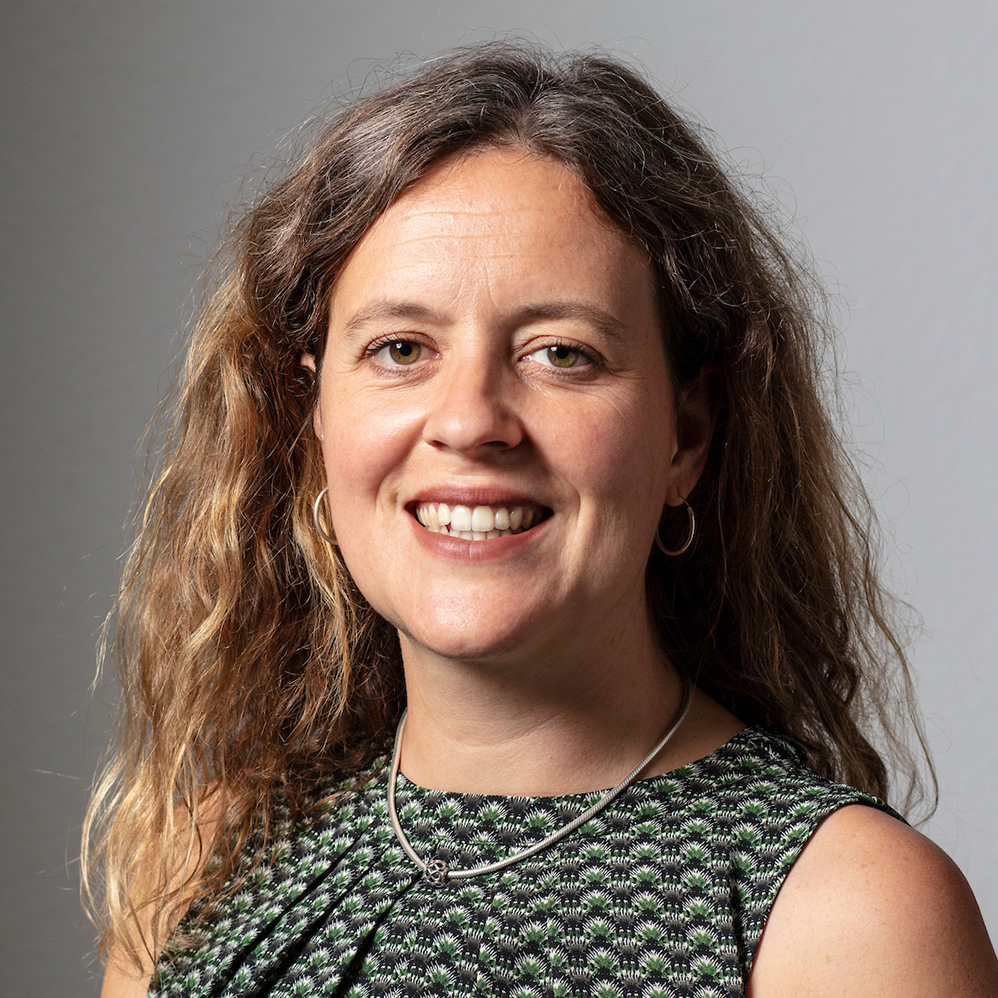
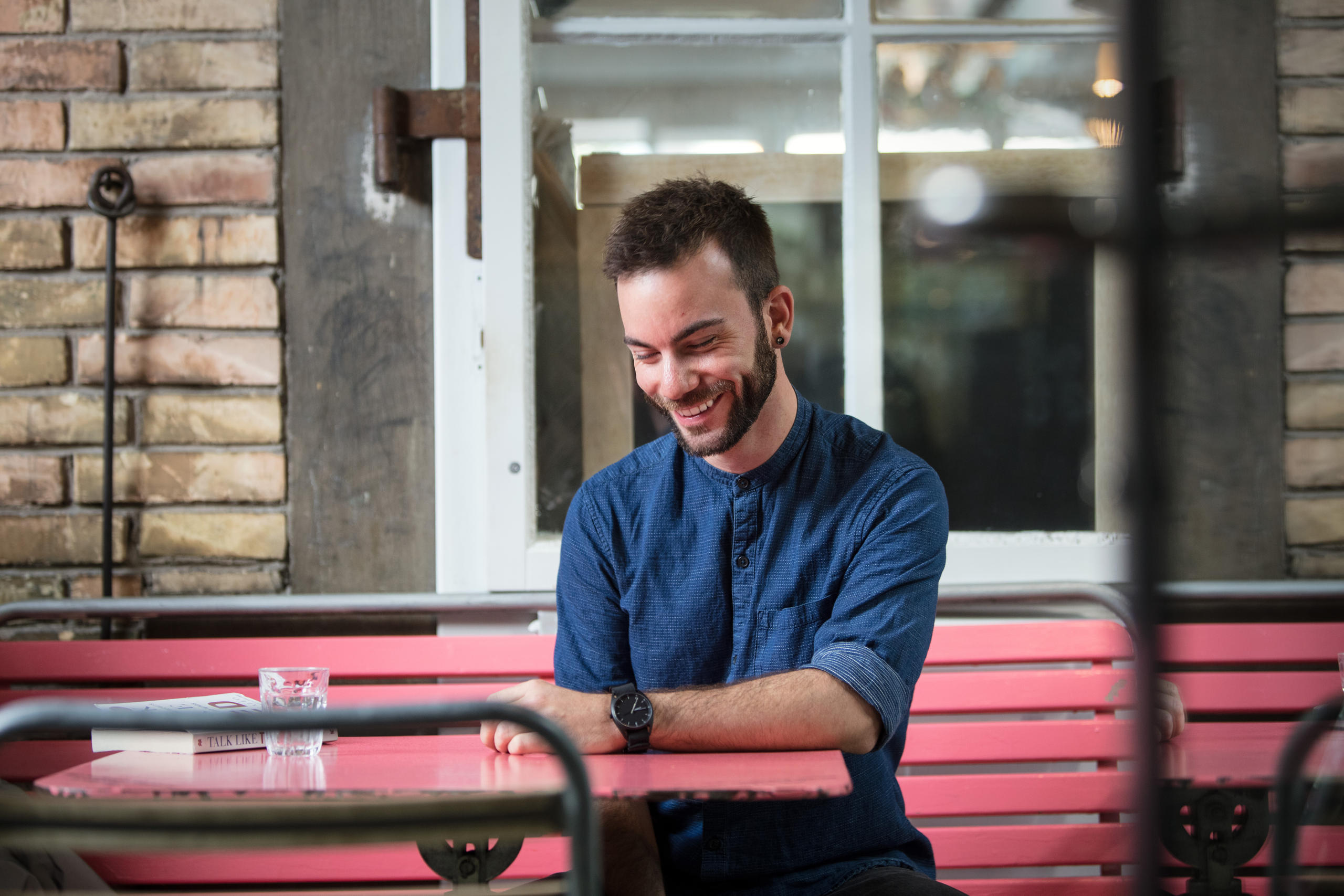
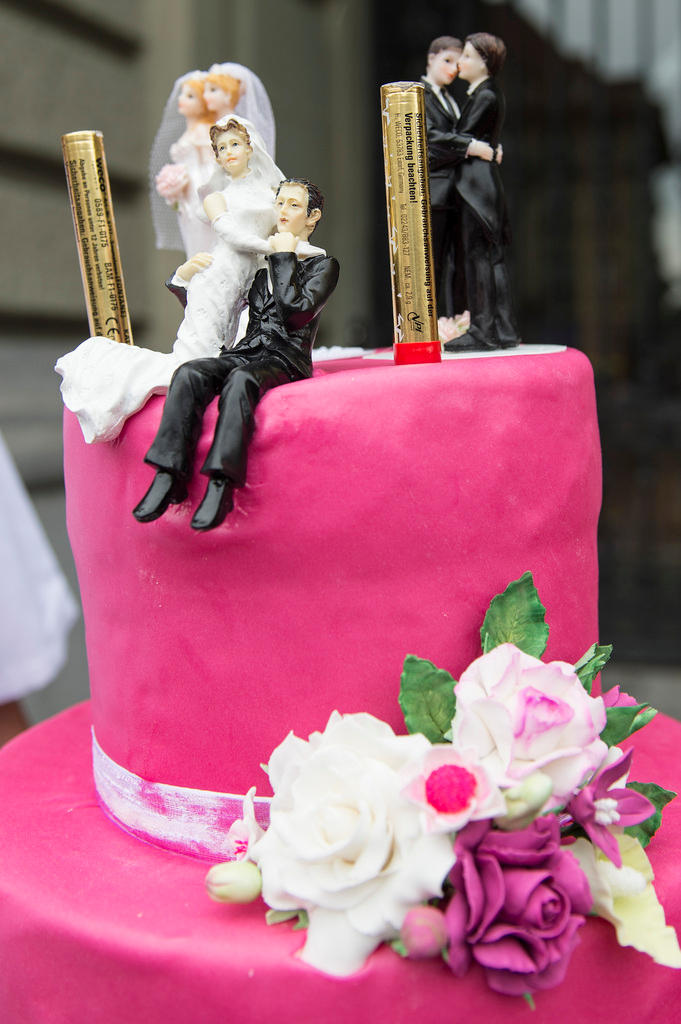
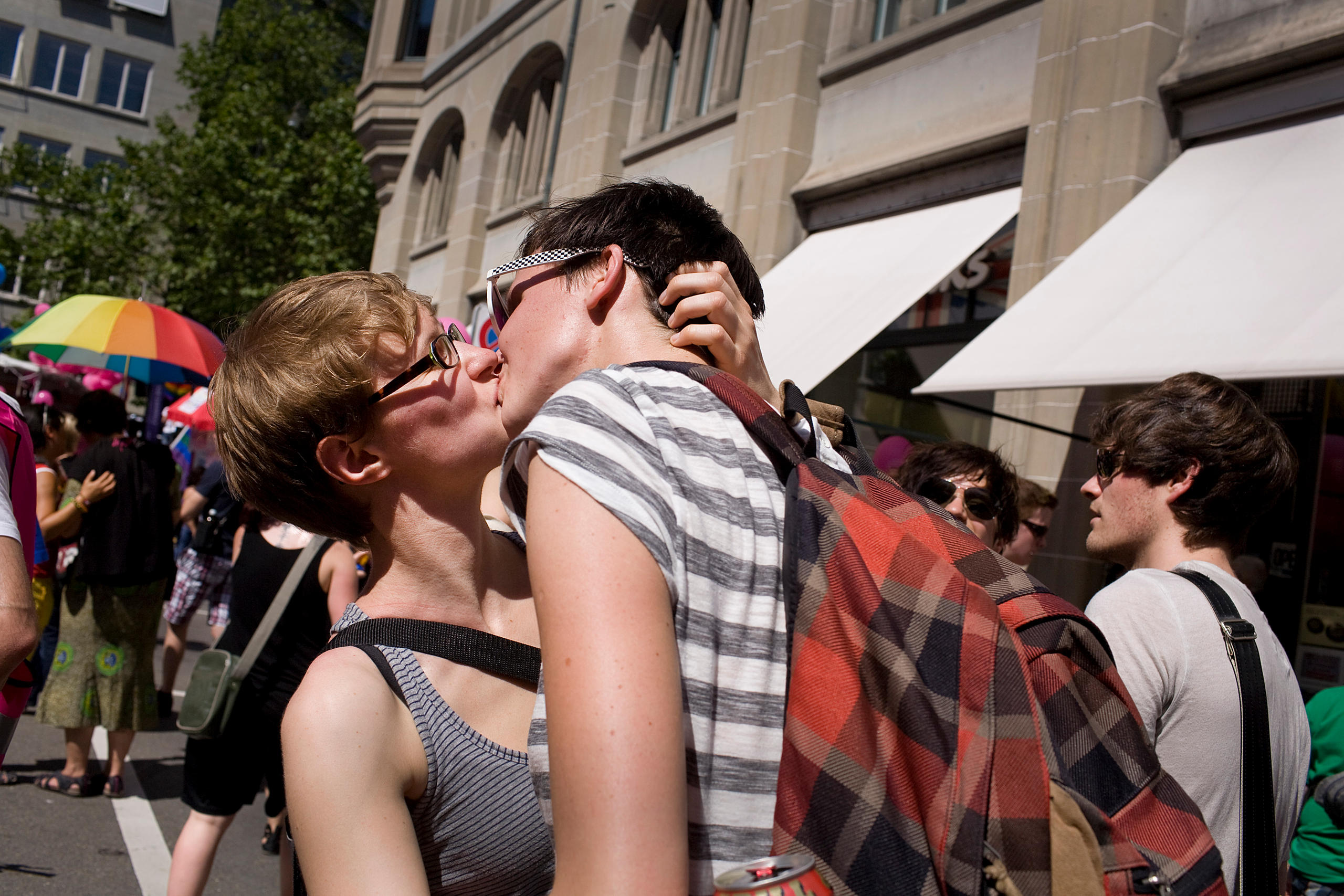
You can find an overview of ongoing debates with our journalists here. Please join us!
If you want to start a conversation about a topic raised in this article or want to report factual errors, email us at english@swissinfo.ch.